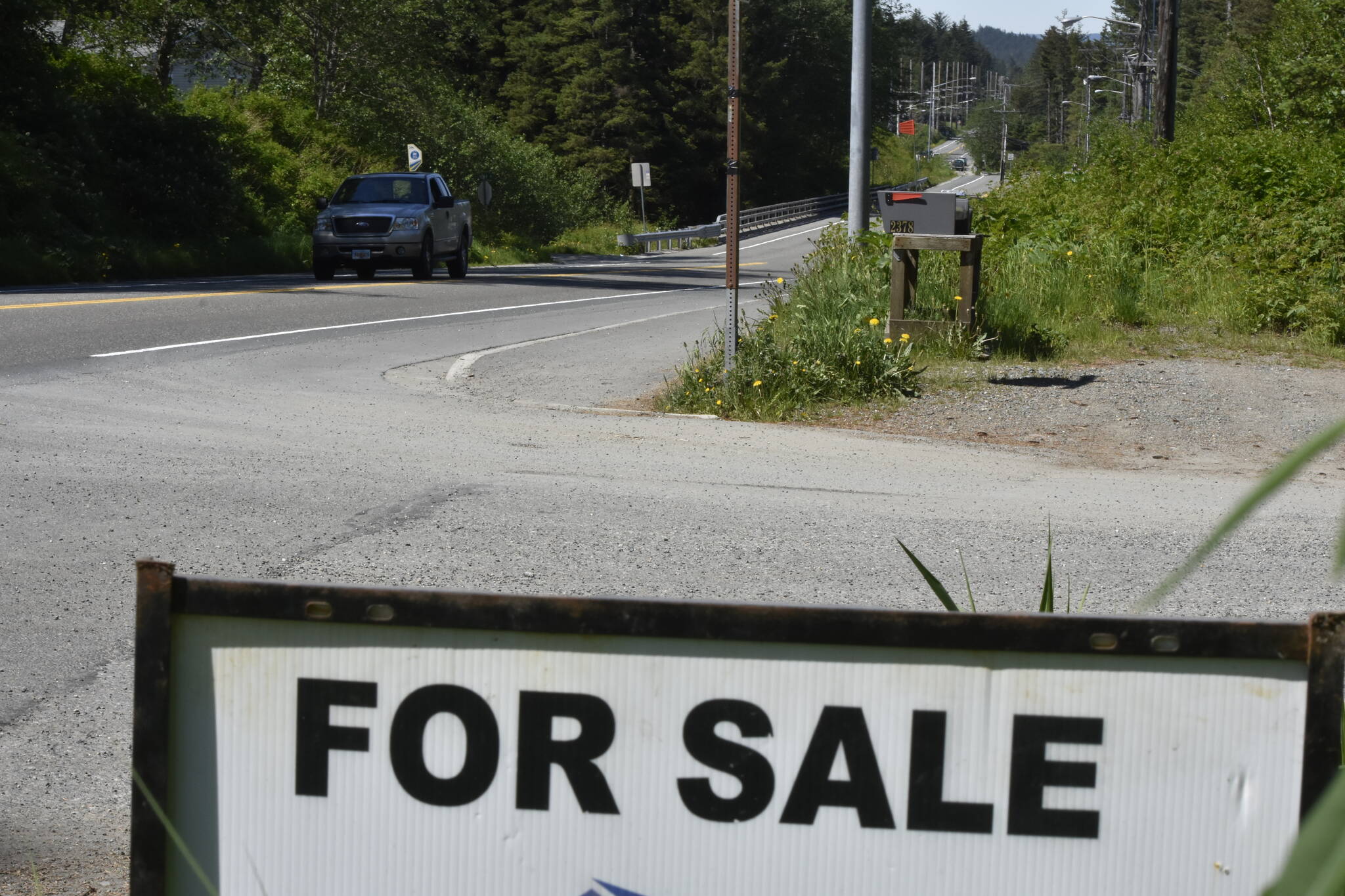Misinformation about mandatory disclosure and how property tax works has been spreading. In reality, mandatory disclosure is a policy that protects taxpayers and increases the fairness and transparency of the property tax system.
It is worth going over the basics of how property tax works. Under a property tax system the municipality, through its budget process, determines an amount that must be raised by that tax. The property tax allocates this tax burden according to the value of properties owned by taxpayers. The job of the Assessor is to determine the market value of all taxable property within a jurisdiction. The Assessor makes this estimate using a variety of data and models – but the most reliable measure of market value is the price that willing buyers and sellers agree on in a transaction. Those sales prices are used by the Assessor to refine his or her models, and also to monitor the accuracy of past assessments.
When assessors don’t have access to all sales prices, it severely limits their ability to evaluate and refine their value estimates. For example, this increases the chance that your neighbor pays less property tax than he or she should be paying, while you pay correspondingly more. This also increases the likelihood that entire classes of property are assessed at too high or too low a level, unfairly shifting the property tax burden to other property or business owners.
Assessors do not have the job of increasing or decreasing taxes, or generating more money for the municipality. The total tax burden is a decision made by the political leadership of a community. The job of an assessor is to ensure that the tax burden is fairly distributed.
A common concern about mandatory disclosure is the following: if you buy a property for significantly more than its current assessed value, won’t mandatory disclosure make your property taxes go up? There are two reasons this concern is not well-founded, one technical, and one philosophical:
First, the Assessor does not automatically change his or her estimate of the market value of a property to its most recent sale price. Sales prices are individual data points for a market area or a class of properties, and they are only one of the many factors considered. At worst, a sale price significantly higher than the assessed value may end up raising the assessed value slightly for a wide swath of properties, but the resulting overall increase in taxable value could lead to a lower mill rate, which in turn could lower the overall tax bill. Conversely, if we were to have a declining market, assessors need sales data in order to lower assessed values. It is worth re-emphasizing that the Assessor doesn’t set the overall level of property tax collected – that is the job of elected officials. This is not just a theory – in recent years when the Juneau Assessor has estimated higher values across the borough, the mill rate has stayed flat or decreased – due to the actions of the Assembly.
Second, even if the assessed value of a reported sale were instantly changed to match the sale price, this would likely be a net wash for the municipality as a whole. Holding all else equal, to the extent that taxes go up on one property, they are slightly lower for all other properties. Mandatory disclosure does not necessarily increase taxable value, but to the extent that it does, it should be offset by a corresponding decrease (or smaller increase) in the mill rate. What mandatory disclosure does achieve is a fairer distribution of the tax burden. Why should a property owner be able to shirk his or her share of the bill for schools, police, roads, and parks by withholding information from the assessor?
The Alaska Association of Assessing Officers urges a “no” vote on Proposition #4 mandatory disclosure repeal. Mandatory disclosure is a valuable tool for improving confidence that everyone is paying their fair share.
• Les Crane is president of the Alaska Association of Assessing Officers. Columns, My Turns and Letters to the Editor represent the view of the author, not the view of the Juneau Empire. Have something to say? Here’s how to submit a My Turn or letter.

